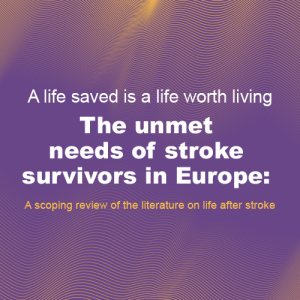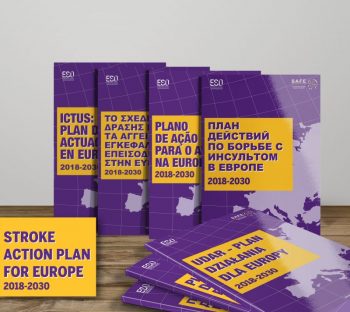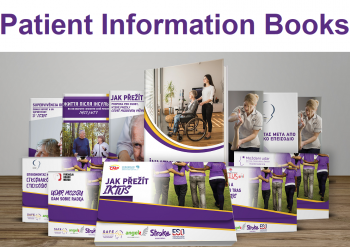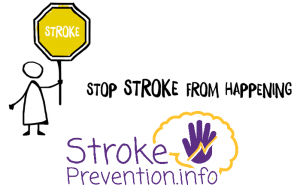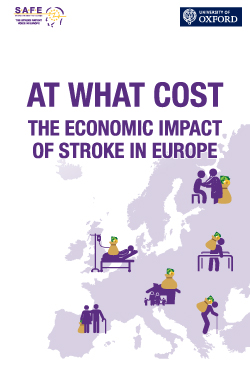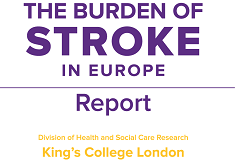
Oct 16, 2017
Ischemic stroke patients who do not receive intravelous (IV) alteplase, a clot-dissolving medication, are significantly less likely to survive, according to researchers at Georgia State University.
Ischemic stroke is the most common type of stroke. It occurs when a vessel that supplies oxygen-rich blood to the brain becomes blocked, often by a blood clot. IV alteplase was approved by the Food and Drug Administration as a treatment for acute ischemic stroke in 1996 and is known to reduce disability and improve functionality by restoring blood flow to the brain. Yet two decades later, less than 10 percent of patients receive the treatment. (more…)

Oct 10, 2017
A debate on stroke is emerging in Brussels for the first time, thanks to the joint mobilisation of physicians’ association ESO and the patients’ association Stroke Alliance for Europe – SAFE over the past year. This mobilisation started off with a joint letter sent on November 2016, calling on the European Commission to play a greater role in ensuring access to the current stroke management standards and facilitating cross-border cooperation between member states.
In order to preserve this momentum and garner political support, ESO and MEP Aldo Patriciello have decided to organise an event within the European Parliament, focusing on innovation in stroke treatment and access to it. The primary objective was to bring together representatives from ESO and the EU institutions, physicians and patients with the aim of discussing how to ensure equal access to the current stroke management standards and reduce inequalities within Europe along the whole patient’s care pathway. (more…)

Oct 9, 2017
By Honor Whiteman
Published on www.medicalnewstoday.com
The risk of stroke could be increased by more than a quarter for people who experience migraine with aura. So concludes a twin study recently published in the journal Brain.
According to the Migraine Research Foundation, around 39 million children and adults in the United States are affected by migraine, a disorder characterized by the recurrence of moderate or severe throbbing pain on one or both sides of the head. (more…)

Oct 4, 2017
Jon Barrick, SAFE President, invites stroke advocates from European stroke support organisations to step forward and register for the Munich consensus conference – March 2018
The“Action Plan for Stroke in Europe 2018 to 2030” will be of major importance for the prevention of stroke in Europe and the implementation of adequate stroke services including life after stroke. Two previous consensus conferences on stroke management in Europe (1995 and 2006) laid foundations, and this initiative will modernise the actions that need to be implemented.
The third consensus conference is scheduled to take place in Munich in 2018, building on the experience and the format of the previous conferences. The conference will be organized by the European Stroke Organisation, in partnership with the Stroke Alliance for Europe (SAFE). The World Health Organization will be asked to endorse the conference. (more…)
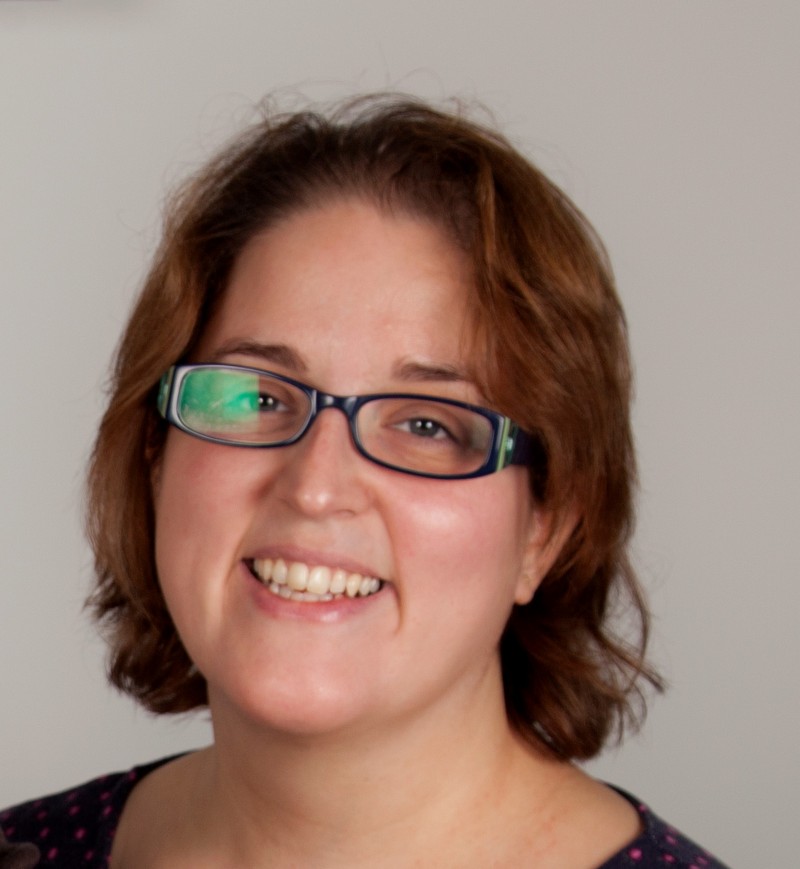
Oct 2, 2017

Victoria Brewer, SSOFT Project and Organisation Manager
This September, SAFE started developing a standalone tool Learning Management System (LMS) that can be accessed by SAFE members online in any location. This project’s title is
Stroke Support Organisation Faculty Tool (SSOFT)
The SAFE board approved the appointment of Victoria Brewer as SAFE Project and Organisation Director. We asked Victoria about this project, its main features and what would be the expected benefit for stroke support organisations.
(more…)

Sep 29, 2017
A national trial involving more than 8,000 patients has revealed that giving oxygen to stroke victims makes no difference to their recovery or chances of survival.
The study was led by Keele University’s stroke specialist Professor Christine Roffe, along with North Staffordshire Combined Healthcare NHS Trust and researchers from the University of Oxford and the University of Birmingham, and was funded by the National Institute for Health Research. (more…)

Sep 29, 2017
Research led by Nicolas Bazan, MD, PhD, Boyd Professor and Director of the Neuroscience Center of Excellence at LSU Health New Orleans, has discovered a new class of molecules in the brain that synchronize cell-to-cell communication and neuroinflammation/immune activity in response to injury or diseases. Elovanoids (ELVs) are bioactive chemical messengers made from omega-3 very long chain polyunsaturated fatty acids (VLC-PUFAs,n-3). They are released on demand when cells are damaged or stressed. (more…)
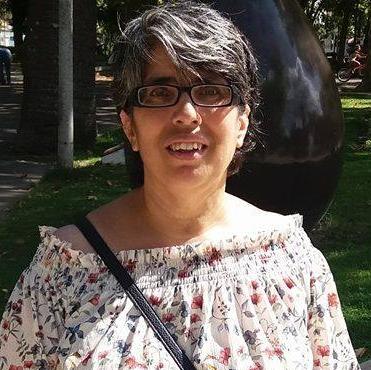
Sep 28, 2017
Source: https://worldstrokeorganization.blogspot.com

Anabela Resende, source: Facebook
Anabela Resende, a survivor of stroke and member of the board of Portugal AVC, shares her stroke experience and reason for preventing strokes.
Where were you when you had your stroke?
I suffered the stroke on January 12, 2013, while I was enjoying a vacation with my husband in the city of Peniche, Portugal.
Could you access a hospital?
I was immediately referred to a hospital.
What expectations did you have for your treatment, rehabilitation, recovery?
At first I did not have great expectations, although I wanted to recover a lot, I was not discouraged, I used to be careful not to create expectations that might not be possible.
(more…)
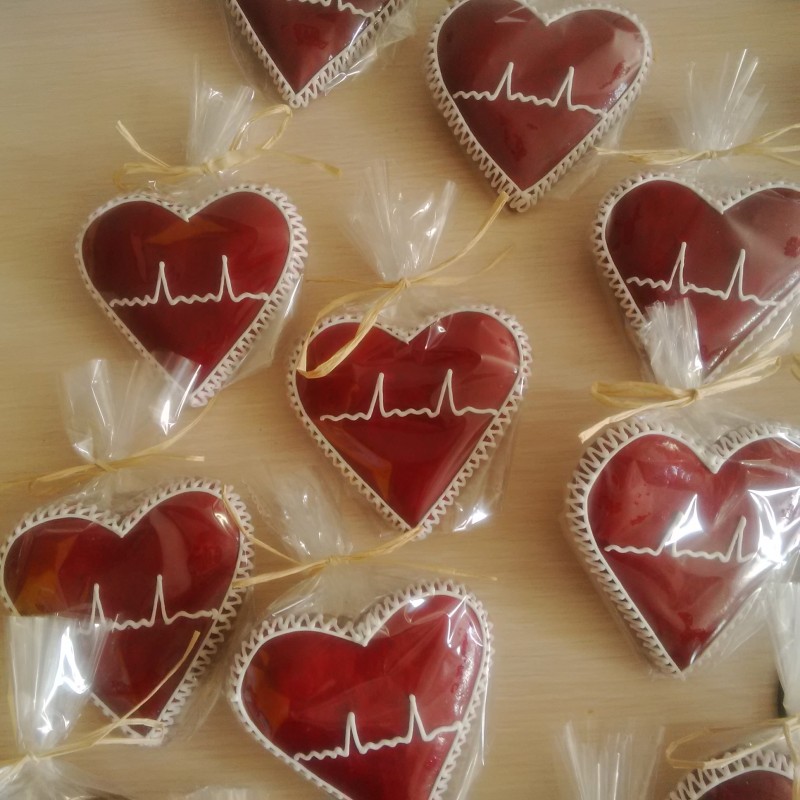
Sep 28, 2017
New research released on 21st September 2017 by The Economist Intelligence Unit (EIU), a division of The Economist and a leader in global business intelligence, revealed that on average, more than 75 percent of people aged 65 and older worldwide are not being screened for atrial fibrillation (AF) and other common stroke risk factors during routine primary care examinations, even though this population is at high risk for stroke. The EIU “Preventing Stroke: Uneven Progress” report, sponsored by The Bristol-Myers Squibb-Pfizer Alliance, conducted an analysis of 20 countries and found that efforts to screen people for stroke risk factors including AF and hypertension varied widely, even in countries with established health care and developed economies.
(more…)

Sep 26, 2017
It is well-known in the medical field that the pig brain shares certain physiological and anatomical similarities with the human brain. So similar are the two that researchers at the University of Georgia’s Regenerative Bioscience Center have developed the first U.S. pig model for stroke treatments, which will provide essential preclinical data and speed the drug discovery process. (more…)







